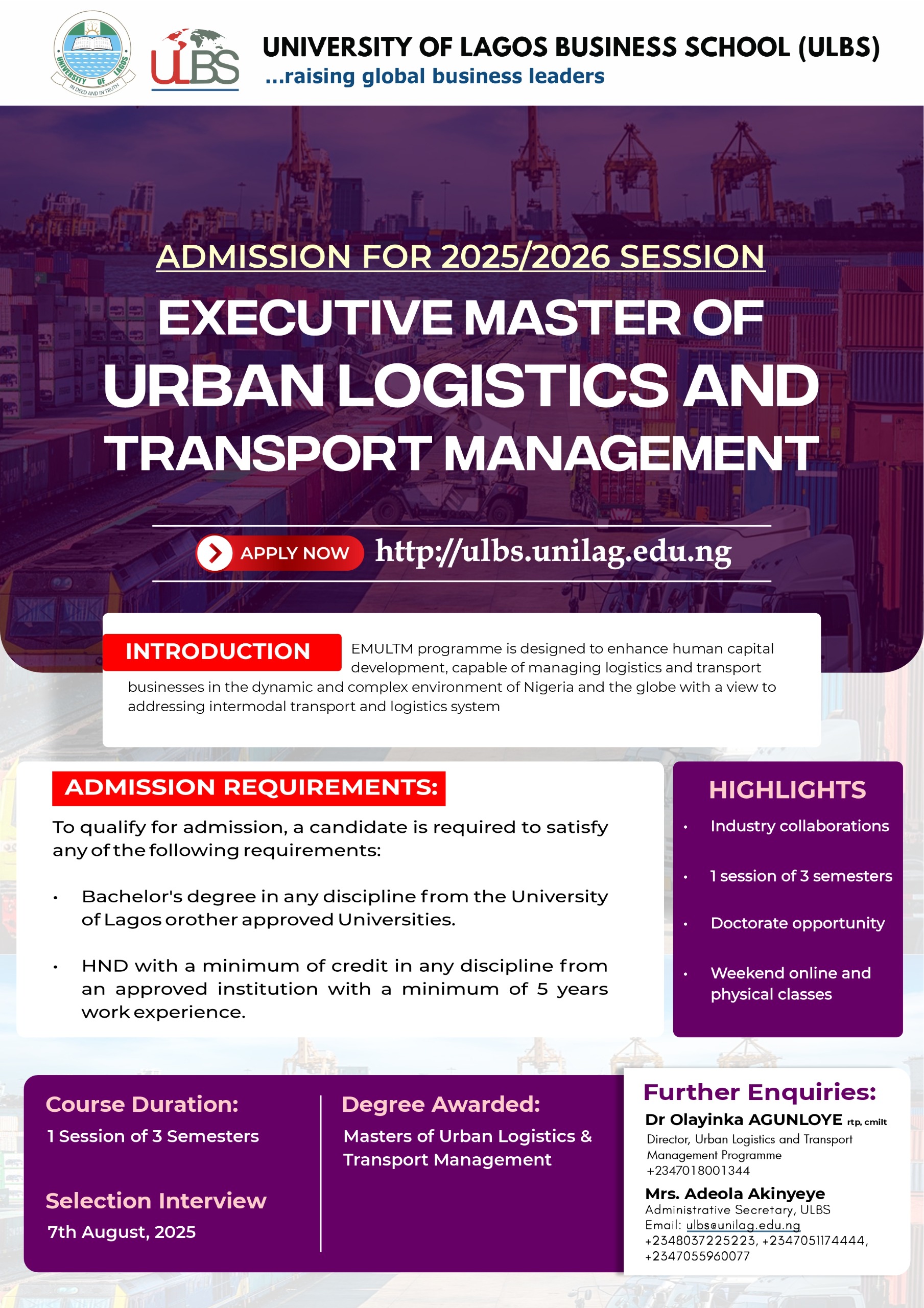Afolabi Gambari
The Federal Government’s policy on agriculture states thus: “Attainment of self-sustaining growth in all the sub-sectors of agriculture and the structural transformation necessary for the overall socio-economic development of the country, as well as the improvement in the quality of life of Nigerians.”
But the foregoing projects a different meaning to the reality on the ground. It is undeniable that the agricultural sector in Nigeria faces many challenges which impact its productivity. Talk of low levels of irrigation farming, poor land, climate change and land degradation as some of the challenges. Low technology, high production cost and poor distribution of inputs, limited financing and high post-harvest losses also pose challenges. Not the least is poor access to markets, which itself poses a greater challenge as well, as it ambushes agricultural productivity and affects the sector’s contribution to the country’s GDP while increasing food imports due to population rise, hence declining levels of food sufficiency.
Statistics show that between 2016 and 2019, Nigeria’s cumulative agricultural imports stood at N3.35 trillion, four times higher than the agricultural export of N803 billion within the same period. There is also a $10 billion reliance on imports to meet food and agricultural production shortfalls, mostly wheat, rice, poultry, fish, food services and consumer-oriented foods.
On paper, the implementation of several initiatives and programmes by government to address the situation, including the Agriculture Promotion Policy (APP), Nigeria–Africa Trade and Investment Promotion Programme, Presidential Economic Diversification Initiative, Economic and Export Promotion Incentives and the Zero Reject Initiative, Reducing Emission from Deforestation and Forest Degradation (REDD+); Nigeria Erosion and Watershed Management Project (NEWMAP); Action Against Desertification (AAD) Programme, among others, has helped to offer hope which aims to increase productivity to provide sufficient quantities of food to meet domestic demand as well as an abundance of commodity crops for export in the international market. Also, the implementation aims at reversing forest loss and degradation; promoting sustainable management of natural resources; rehabilitation of degraded lands and reducing erosion and climate vulnerability.
It is trite that Nigeria has 70.8 million hectares of agricultural land area 70.8 million hectares of agricultural land area with maize, cassava, guinea corn, yam beans, millet and rice being the major crops. The country’s rice production also rose from 3.7 million metric tons in 2017 to 4.0 million metric tons in 2018. However, only 57 per cent of the 6.7 million metric tons of rice consumed in Nigeria annually is locally produced, leading to a deficit of about 3 million metric tons, which is either imported or smuggled into the country illegally. It was in an effort to stimulate local production that the government banned the importation of rice in 2019, although it turned out to be a poorly executed policy as the local producers failed to meet domestic needs, leading to the price of the smuggled rice shooting through the roof.
Nigeria produced 59 million tons of cassava in 2017, making it the world’s largest producer (approximately 20 percent of global production). The economic potential is enormous, with high revenue yields from both domestic value addition and derived income as well as revenues for the government. With improved varieties and production techniques, production is anticipated to increase. Amid the current global wheat situation, the Nigerian government is still aiming self-sufficiency narrative, even as the country faces two choices of investing in domestic production, which will take time as population growth and consumption outpace production, or seeking alternatives that will lead to higher costs of wheat derivatives like bread, a key staple food in Nigeria.
To date, animal production has remained unexploited as livestock mostly reared by farm families in Nigeria are the small ruminants like goats (76 million), sheep (43.4million) and cattle (18.4 million). The ecology in the northern part of the country makes it most suitable for livestock keeping. In addition to small and large ruminants, the poultry population stands at 180 million. Yet, domestic demand still outweighs production, despite several interventions by development partners aimed at improving production and safeguarding against diseases, including transboundary animal diseases.
Nigeria is the largest fish consumer in Africa and one of the largest fish consumers in the world, with approximately 3.2 million metric tons of fish consumed annually. Its fisheries and aquaculture are among the fastest-growing subsectors in the country. With a coastline of 853km and over 14 million hectares of inland waters, total fish production per year is close to 1 million metric tons (313,231 metric tons from aquaculture and 759,828 metric tons from fisheries). Fishing is a vital livelihood for the poor as well as an important protein source at the household level in Nigeria. The aquaculture sub-sector is considered a very viable alternative to meeting the nation’s need for self-sufficiency in fish production and nutritional needs.
The contribution of forestry to agriculture and development in general cannot be overstressed. But the forest ecosystems are threatened by rapid population growth and economic activities, with annual deforestation rates ranging between 0.72 and 2.38 per cent, according to the FAO 2018 report. Agricultural expansion, heavy reliance on firewood and charcoal for energy, unsustainable timber extraction, urbanisation, grazing, bush fires, and infrastructure development are among the factors behind this trend.
All this suggests increasing and sustained partnership among key stakeholders, especially federal and state governments, as well as the private sector, to achieve the targeted goals. This is especially in a view of Nigeria’s population, which is expected to hit 400 million by 2050. Accordingly, there is a need for enhanced agricultural productivity through the adaptation of new technologies and innovations towards achieving food security and nutrition.
Morocco provides a sumptuous option, should international partnership in irrigation be sought, the north African country having since 2009 launched a new programme that aimed to modernise irrigation techniques, leading to the land areas being equipped with drip irrigation, reaching 450,000 hectares by 2014 and achieving 550,000 by 2020 under the Plan Maroc Vert. It is estimated that nearly 20 percent of Morocco’s arable land is currently equipped for irrigation. Latest findings show that irrigated agriculture comprises half of Morocco’s agricultural GDP, leading to its higher productivity compared to rain-fed agriculture.








